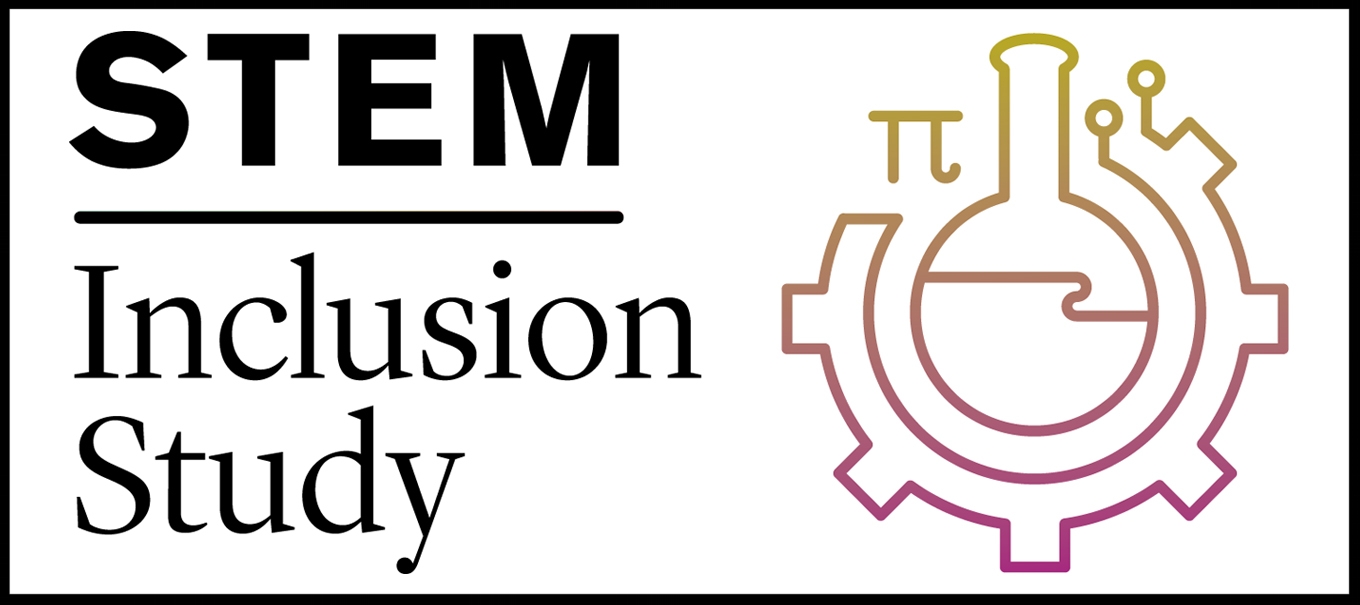Tom Waidzunas
Temple University
Director, Gender, Sexuality, and Women’s Studies Program
Associate Professor, Dept of Sociology
Contact information:
Email: tom.waidzunas@temple.edu (email is best way to reach me)
Office: 610 Gladfelter Hall
Mailing Address: Tom Waidzunas; Temple Sociology; 1115 W Polett Walk; 713 Gladfelter; Philadelphia PA 19122
click to listen to Miranda Melcher’s podcast, New Books Network, interview with Tom Waidzunas, Ethan Levine, and Brandon Fairchild, “Tom Waidzunas et al., "Out Doing Science: LGBTQ STEM Professionals and Inclusion in Neoliberal Times" (UMass Press, 2025), New Books in LGBTQ Studies. July 11, 2025
click to listen to Ana Marie Cox’s podcast With Friends Like These, interview with Tom Waidzunas on the history and current state of conversion therapy, “Can you convert a conversion therapist?” August 14, 2020
Areas of Interest:
Sociology of Sexuality and Gender; Science and Technology Studies; Sociology of Social Movements; Social Theory; Sexuality Studies; Gender Studies; Sociology of Health and Medicine; Inequalities
Bio:
PhD (Sociology/Science Studies) University of California, San Diego (2010); Postdoctoral Fellow, Northwestern University Science in Human Culture Program/Sociology (2010-12); BA (Sociology/Philosophy) University of Texas at Austin (1999); BS (Electrical Engineering) University of Texas at Austin (1994)
Professor Waidzunas is currently Associate Professor in the Department of Sociology at Temple University, and Director of the Temple Gender, Sexuality, and Women’s Studies Program. He is also a member of the Science Studies Network @Temple University (SSN@TU).
Courses taught at Temple:
Undergraduate
SOC0818 Human Sexuality (GenEd)
SOC0918 Honors Human Sexuality (GenEd)
SOC2575 Science, Technology, and Society
SOC3396 Development of Sociological Thought (Writing W-course)
SOC3565 Sociology of the Body (Gender and the Body)
GSWS3551/SOC3551 Critical Race Feminist Theory
Graduate
SOC8401 Sexuality and Gender
SOC8411 Gender and the Body
SOC8111 Classical Sociological Theory
SOC9111 Contemporary Sociological Theory
Research:
My research involves questions at the intersection of sexuality studies, science studies, and sociology of social movements, and has developed along two primary threads:
1. Workplace inequality and inclusion for LGBTQ persons in science, technology, engineering and mathematics (STEM) professions.
Prof Waidzunas has been a researcher on two collaborative National Science Foundation (NSF) funded research projects involving LGBTQ inclusion in STEM professions. The first project, the STEM Inclusion Study, is a collaborative mixed methods project with Dr. Erin Cech of University of Michigan. This is the first nationwide study of diversity and inclusion in U.S. STEM professions to systematically address experiences of LGBTQ professionals (along with race/ethnicity, gender, disability status, and other demographic factors) utilizing a research design that meets standards of representativeness and that includes non-LGBTQ control group comparisons. Pilot research for this grant work was conducted at NASA. Working with Ethan Czuy Levine and Brandon Fairchild, he co-authored the book Out Doing Science: LGBTQ STEM Professionals and Inclusion in Neoliberal Times, from University of Massachusetts Press, on the social history of LGBTQ inclusion in STEM professions. This book is part of the University of Massachusetts Press Book Series: Activist Studies of Science & Technology, edited by Sigrid Schmalzer.
The second project was coordinated by the American Society for Engineering Education, with Principal Investigator, Dr. Stephanie Farrell, Professor of Chemical Engineering at Rowan University, and current President of ASEE. The NSF EAGER grant for this project funded a two-level LGBTQ Safe Zone training project that is part of the ASEE Action on Diversity initiative, Promoting LGBTQ Equality in STEM. This project included a research component that informs and is informed by the ASEE Safe Zone Program. Cech and Waidzunas have been conducting research exploring the climate for LGBTQ students and faculty in engineering colleges, the challenges involved in establishing and implementing ASEE Safe Zone and other diversity initiatives in engineering, and ways of overcoming those challenges.
2. Examining how scientists measure, conceptualize, and hence constitute sexualities and sexual subjectivities in socio-historical context.
In a second set of research questions, Waidzunas uses approaches from science and technology studies to critically examine ways that scientists come to know, and hence constitute, sexuality and sexual desire. His book The Straight Line: How the Fringe Science of Ex-Gay Therapy Reoriented Sexuality (University of Minnesota Press, 2015) explains how mainstream science of sexual orientation has been forged under the spectre of reorientation therapies, and in many ways, forecloses possibilities of human freedom even as it has liberated gays and lesbians.
Other work in this area includes tracing the history of the "penile plethysmograph," a technique used in some scientific and correctional settings to purportedly determine the character of a man's sexuality (a device that was also important in the history told in The Straight Line). Waidzunas’ paper with Steven Epstein criticizes the use of the device as an invisible window onto sexual truth, revealing assumptions built into different configurations of the "phallometric test" that employs the device.




